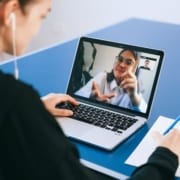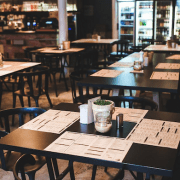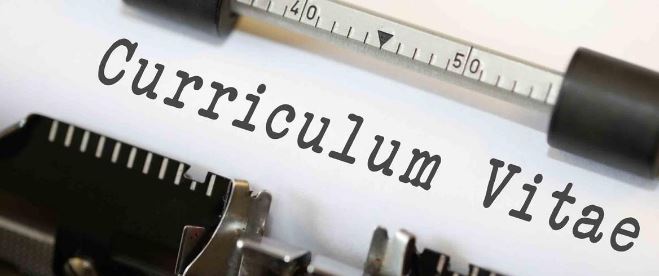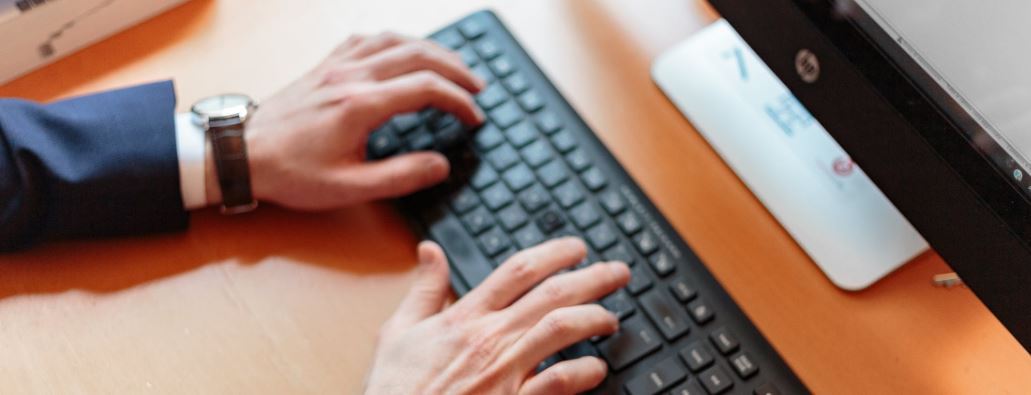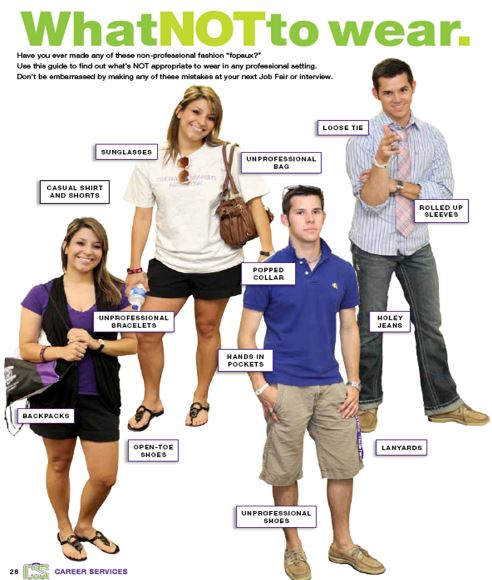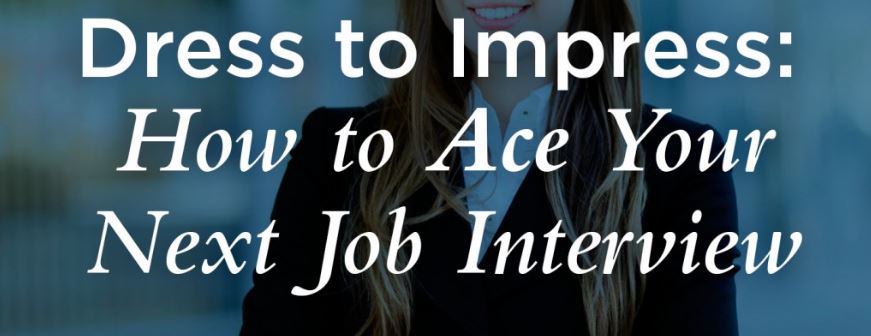Advice and Tips for Online Interviews
In the current times with COVID-19, there is less and less face to face interviews, so if you have been successful with a job application, it is likely that you will have to do a job interview online. With technology developing at a rapid pace, virtual interviews are now becoming more cost-effective and convenient for an employer to carry out an interview online. Conducting an interview online speeds up the interview process, reduces transportation costs, and reduces face to face time, which is essential during these difficult times, and allows the potential employers to interview non-local candidates. If you have never done an interview online before, it can be quite daunting but by preparing yourself well, it will help your interview to run as smoothly as possible. Here are some helpful tips and advice for online interviews.
What is an online job interview?
An online job interview is an interview that is carried out through a video chat/audio platform online such as Zoom or Skype.
Types of online interviews
There are many different methods to conduct an interview online. Before your interview day, you should ask the person interviewing you what should you expect from the interview. The main interview types include video, audio, or both.
Video interview
The most common type of interview is a video call. When setting up for your video interview, you should have all the equipment that is necessary to conduct this. Most laptops have built-in microphones and cameras. There should be a time scheduled for the interview using a program such as Zoom or Skype.
The interview will be like a face to face in-person interview but it will be done virtually. A video call should be easy to set-up and navigate. It is important to prepare the video call ahead of the interview time.
Recorded video interview
Some online interviews also involve you recording yourself on video and answering various interview questions. The person interviewing you will forward on to you a list of questions to answer. Set up your camera and video yourself and then answer the questions one by one. Once you have completed and answered all questions, you then upload the video and send it to the interviewer.
Preparing before the interview
Preparing yourself is key for any type of interview, so here are some helpful tips to help you prepare for your online interview.
Test your computer equipment
Prior to your interview, test your computer for both video and audio to make sure everything is working. Make sure your speakers and microphone are working. If you need to attach a camera, then it is advised to adjust it to the middle of the screen. Always check that your internet and connection is working. Your interviewer might advise on what software to use such as Skype or zoom. They are known to be easy to use and can be download via an app.
Choose where to sit
Choose a tidy and quiet room in your home that isn’t too dark but keep away from windows as the light can interfere with the camera on screen. Just have enough light for the interviewer to view you properly. The background space should be clean with no distractions so a plain wall would be the most suitable option.
Practice
Practice makes perfect! Practice your interviewing technique as much a possible. Ask a friend to video call you to ask you some interview questions. Speak very clearly and slowly while answering. The more practice you get in, the more confidence you will build while being interviewed with the potential employer.
Dress professionally to impress
Even though you are not meeting face to face for the interview, you should still look professional and smartly dressed. Avoid wearing anything too bright as bright colours with patterns or stripes can interfere with the brightness and lighting on the camera. Wear something conservative, clean, and smart casual. First impressions count so it is still vital to make a great and lasting impression to ensure success.
During the Interview
Consider your body language
Even though you are not in the same room as the interviewer, your body language is still important. Sit up straight, and always look enthusiastic and attentive. Show your good manners and professionalism. Nod your head and smile when the interviewer speaks and remember to always speak clearly so the interviewer can hear you. Never cover your mouth and always remain conscious of your hand to face gestures.
A good tip: Hold a pen to occupy your hands.
Make eye contact with the interviewer
Eye contact is important, even during an online interview. Look directly into the webcam rather than looking at the person. Nodding and maintaining eye contact will show the employer that you are listening attentively and are involved.
Stay relaxed and speak slowly
Your nerves can be your worst enemy, especially during an interview. Take a deep breath before the interview call begins and stay calm and relaxed while being interviewed. Slow down when you are speaking and communicate confidently, you are more likely to leave a positive impression that will last than if you seem nervous. Practice your talking points, it can be easy to start talking over a person. Wait for the interviewer to stop speaking before you answer rather than talking over them.
Follow up
Once the interview concludes, you could send a follow-up email or a thank you card to thank them for their time. Wait a few days and if you have not heard from the interviewer, then it is advised to contact them. Ask them if they require any further information from you.
It is very important that you do not stress too much. In video interviews, you have a little more control in your own area and space which would allow you to relax more. The potential employer has picked you from the application pile and they want to meet you so bring your best confident self. An online interview is time-efficient for an employer, so prepare for the interview by following our helpful tips and advice to help make your interview a success.

